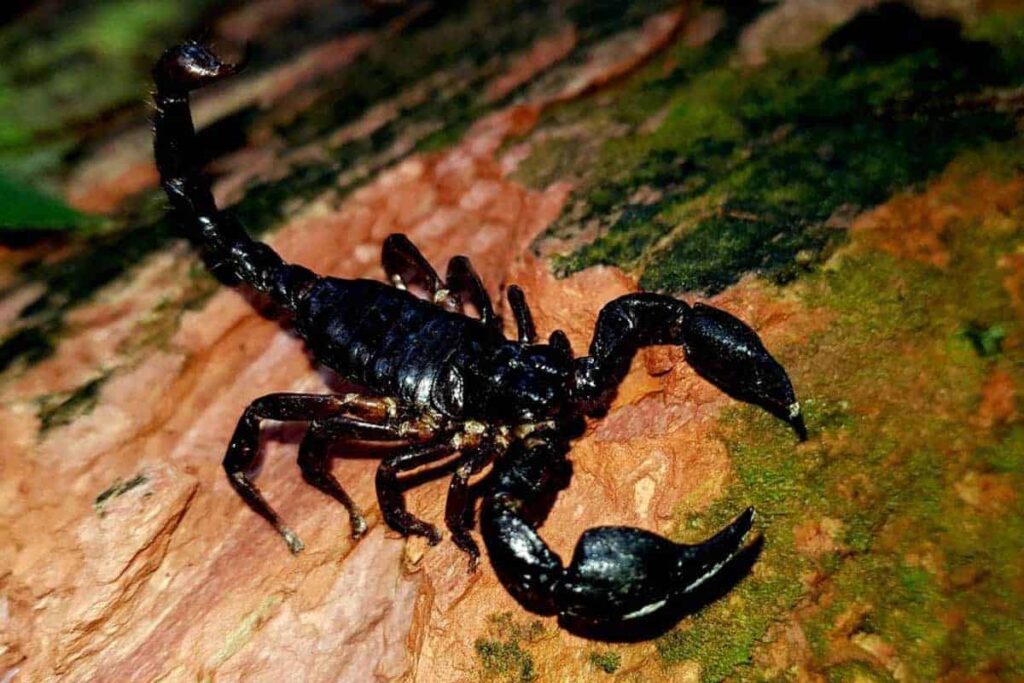Understanding the Asian Forest Scorpion Diet
Asian Forest Scorpions are fascinating creatures known for their impressive appearance and unique behaviors. As with any living organism, their diet plays a crucial role in their overall health and well-being. In this article, we will explore the dietary habits of Asian Forest Scorpions, including their preferred prey, feeding strategies, and nutritional requirements.
Prey Selection
Asian Forest Scorpions are opportunistic predators, meaning they will feed on a variety of prey that is available to them in their natural habitat. The diet of these scorpions primarily consists of insects, including crickets, roaches, beetles, and grasshoppers. They are nocturnal hunters and use their keen sense of touch and vibration detection to locate their prey.
Feeding Strategies
Asian Forest Scorpions have a sit-and-wait feeding strategy. They remain hidden in their burrows or other suitable hiding places, waiting for potential prey to come within range. Once a suitable prey item is detected, the scorpion will strike with its pincers and inject venom to immobilize the prey. It then uses its strong chelicerae to tear apart the prey into manageable pieces for consumption.
Nutritional Requirements
A balanced diet is essential for the overall health and longevity of Asian Forest Scorpions. Their diet should consist of a variety of insects to ensure they receive adequate nutrition. In captivity, it is crucial to provide a diverse range of prey to mimic their natural diet.
Gut Loading
Gut loading is a technique commonly used by scorpion keepers to enhance the nutritional value of prey items. It involves feeding the prey insects with nutritious food items before offering them to the scorpions. This ensures that the scorpions receive a well-rounded diet and necessary nutrients through their prey.
Supplements
Although a varied diet is essential, providing supplements can further enhance the nutritional intake of Asian Forest Scorpions. Calcium and vitamin supplements are commonly used to ensure that these scorpions receive adequate amounts of these essential nutrients, especially in captivity where food options may be limited.
Feeding Frequency
The frequency of feeding Asian Forest Scorpions can vary depending on factors such as age, size, and reproductive status. Juvenile scorpions typically require more frequent feeding than adults. A general guideline is to offer prey items once or twice a week for adults and two to three times a week for juveniles. It is important not to overfeed as obesity can lead to various health issues.
Water Requirements
While insects provide a significant portion of their moisture intake, Asian Forest Scorpions also require access to fresh water. A shallow water dish should be provided in their enclosure to allow them to drink and maintain proper hydration. It is important to ensure that the dish is shallow to prevent accidental drowning.
Conclusion
Understanding the dietary habits and requirements of Asian Forest Scorpions is essential for their proper care and well-being. Their diet primarily consists of various insects, with gut loading and supplementation being key strategies to ensure they receive adequate nutrition. Providing a balanced diet and proper hydration will contribute to the overall health and longevity of these fascinating creatures.







